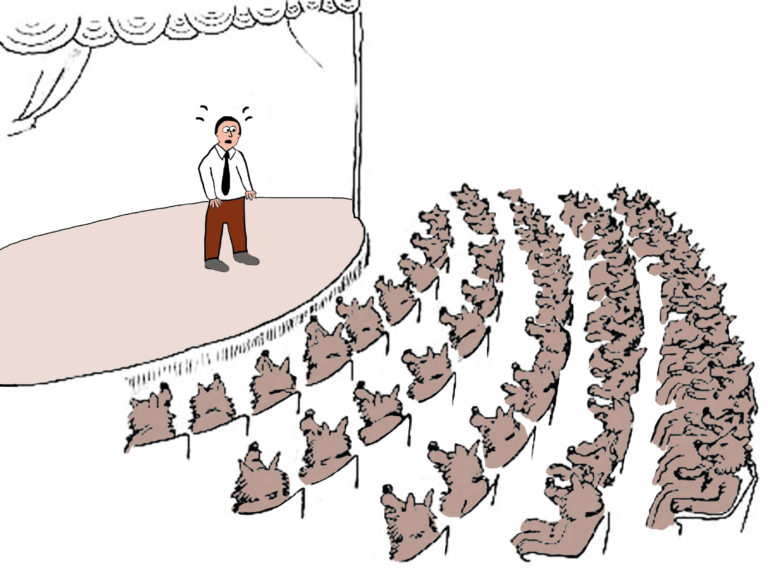
The Louisiana Department of Agriculture and Forestry (LDAF) released a statement on July 25 confirming that an unvaccinated horse in Iberville Parish has tested positive for Eastern equine encaphalitis.
The LDAF reported the following:
An unvaccinated horse in Iberville Parish tested positive for Eastern Equine Encephalitis (EEE) and Department of Agriculture and Forestry Commissioner Mike Strain, DVM, is reminding horse owners to vaccinate their animals for both Eastern Equine Encephalitis (EEE) and the West Nile Virus (WNV).
“This is the time of year mosquitoes are more prevalent. Horses are infected the same way humans are infected – by being bitten by infected mosquitoes – so everyone needs to take extra precautionary measures at this time,” said Strain.
If a mosquito bites an infected bird, EEE or WNV can be spread to horses, dogs, cats and humans. These mosquito-transmitted diseases can cause inflammation or swelling of the brain and spinal cord.
Clinical signs can include: fever, loss of appetite, weakness and loss of coordination.
The disease can often result in death.
Prevention includes removing standing water where mosquitos breed and using mosquito repellants that are safe for horses and humans. Horses can also be vaccinated. So far, there is no vaccination approved for people. Horse owners should contact their local veterinarian regarding proper vaccination protocols during this time of increased risk.
Veterinarians are required to call the Louisiana Department of Agriculture and Forestry if they suspect EEE or WNV in a horse as they are reportable diseases.
About EDCC
The Equine Disease Communication Center works to protect horses and the horse industry from the threat of infectious diseases in North America. The communication system is designed to seek and report real time information about disease outbreaks similar to how the Centers for Disease Control and Prevention (CDC) alerts the human population about diseases in people.
The goal of the EDCC is to alert the horse industry about disease outbreak information to help mitigate and prevent the spread of disease. Ultimately frequent and accurate information about diseases outbreaks improves horse welfare and helps to prevent negative economic impact that can result from decreased horse use due to a fear of spreading infection. As part of the National Equine Health Plan the EDCC will serve as part of the communication to help educate and promote research about endemic and foreign disease.
Working in cooperation with state animal health officials and the United State Department of Agriculture, the EDCC seeks information about current disease outbreaks from news media, social media, official state reports and veterinary practitioners. Once information is confirmed, it is immediately posted on this website and messages sent to all states and horse organizations by email. Daily updates are posted until each outbreak is contained or deemed no longer a threat.
The EDCC is made possible by generous donations from organizations and horse owners. Please visit our sponsors that have generously supported this program for the benefit of the health and welfare of horses. To learn how you can help go to SUPPORT.








